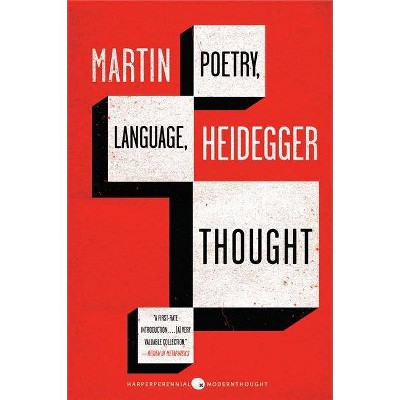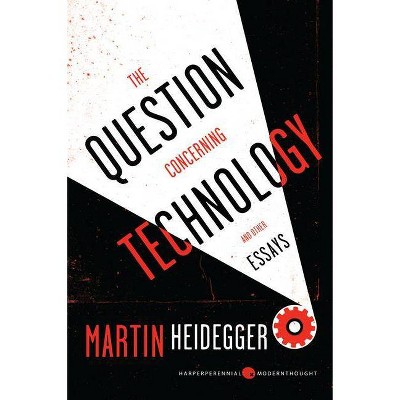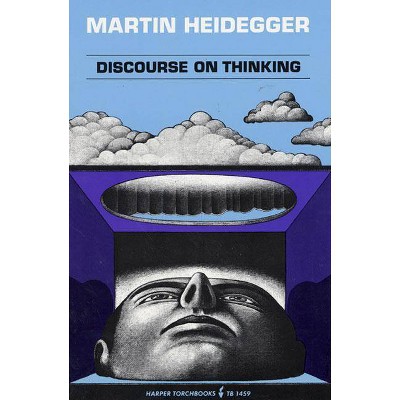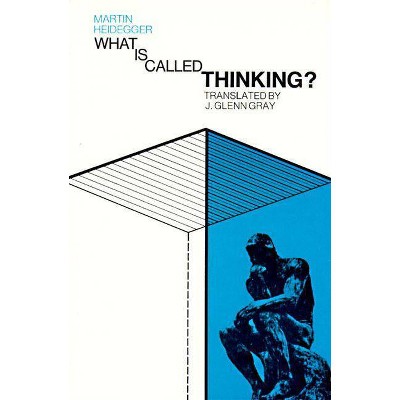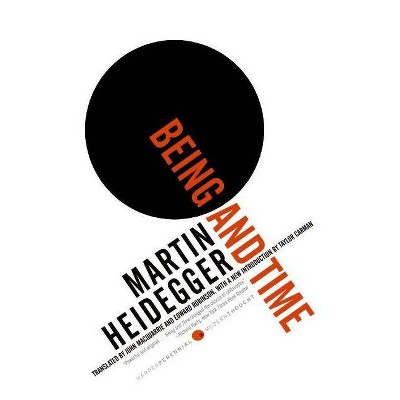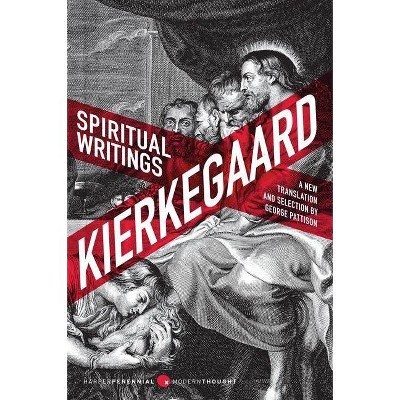Sponsored

Basic Writings - (Harper Perennial Modern Thought) by Martin Heidegger (Paperback)
In Stock
Sponsored
About this item
Highlights
- "One of the most profound thinkers of the 20th century.
- Author(s): Martin Heidegger
- 480 Pages
- Philosophy, History & Surveys
- Series Name: Harper Perennial Modern Thought
Description
About the Book
"First Harper Perennial Modern Thought edition"--T.p. verso.Book Synopsis
"One of the most profound thinkers of the 20th century." -- New York Times
The finest single-volume anthology of the great philosopher's work, with a new introduction by leading Heidegger scholar Taylor Carman
Basic Writings is the finest single-volume anthology of the work of Martin Heidegger, widely considered one of the most important modern philosophers. Its selections offer a full range of the influential author's writings--including "The Origin of the Work of Art," the introduction to Being and Time, "What Is Metaphysics?," "Letter on Humanism," "The Question Concerning Technology," "The Way to Language," and "The End of Philosophy." This essential collection provides readers with a concise introduction to the groundbreaking philosophy of this brilliant and essential thinker.
From the Back Cover
Basic Writings is the finest single-volume anthology of the work of Martin Heidegger, widely considered one of the most important modern philosophers. Its selections offer a full range of the influential author's writings--including "The Origin of the Work of Art," the introduction to Being and Time, "What Is Metaphysics?," "Letter on Humanism," "The Question Concerning Technology," "The Way to Language," and "The End of Philosophy." Featuring a foreword by Heidegger scholar Taylor Carman, this essential collection provides readers with a concise introduction to the groundbreaking philosophy of this brilliant and essential thinker.
Review Quotes
"Powerful and original . . . Being and Time changed the course of philosophy." - Richard Rorty, New York Times Book Review
"One of the most profound thinkers of the 20th century." - New York Times
"Among the most influential philosophers of modern times." - Newsweek
Shipping details
Return details
Trending Philosophy






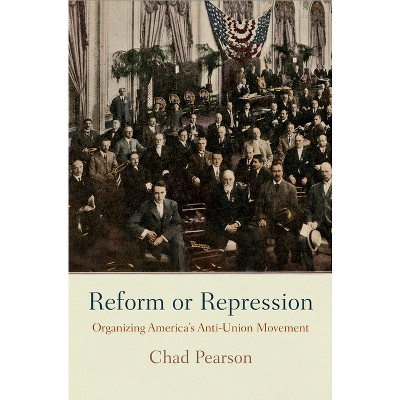
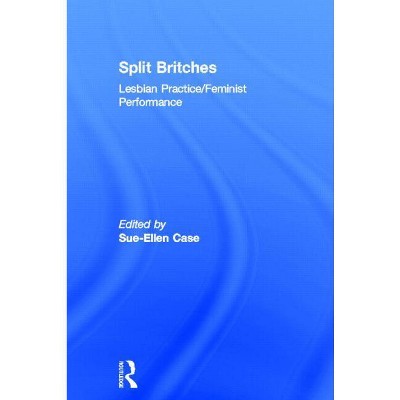



![Zen and the Art of Motorcycle Maintenance [50th Anniversary Edition] - by Robert M Pirsig (Paperback)](https://target.scene7.com/is/image/Target/GUEST_a091177a-e446-4862-8fd2-fbddb3522083)
